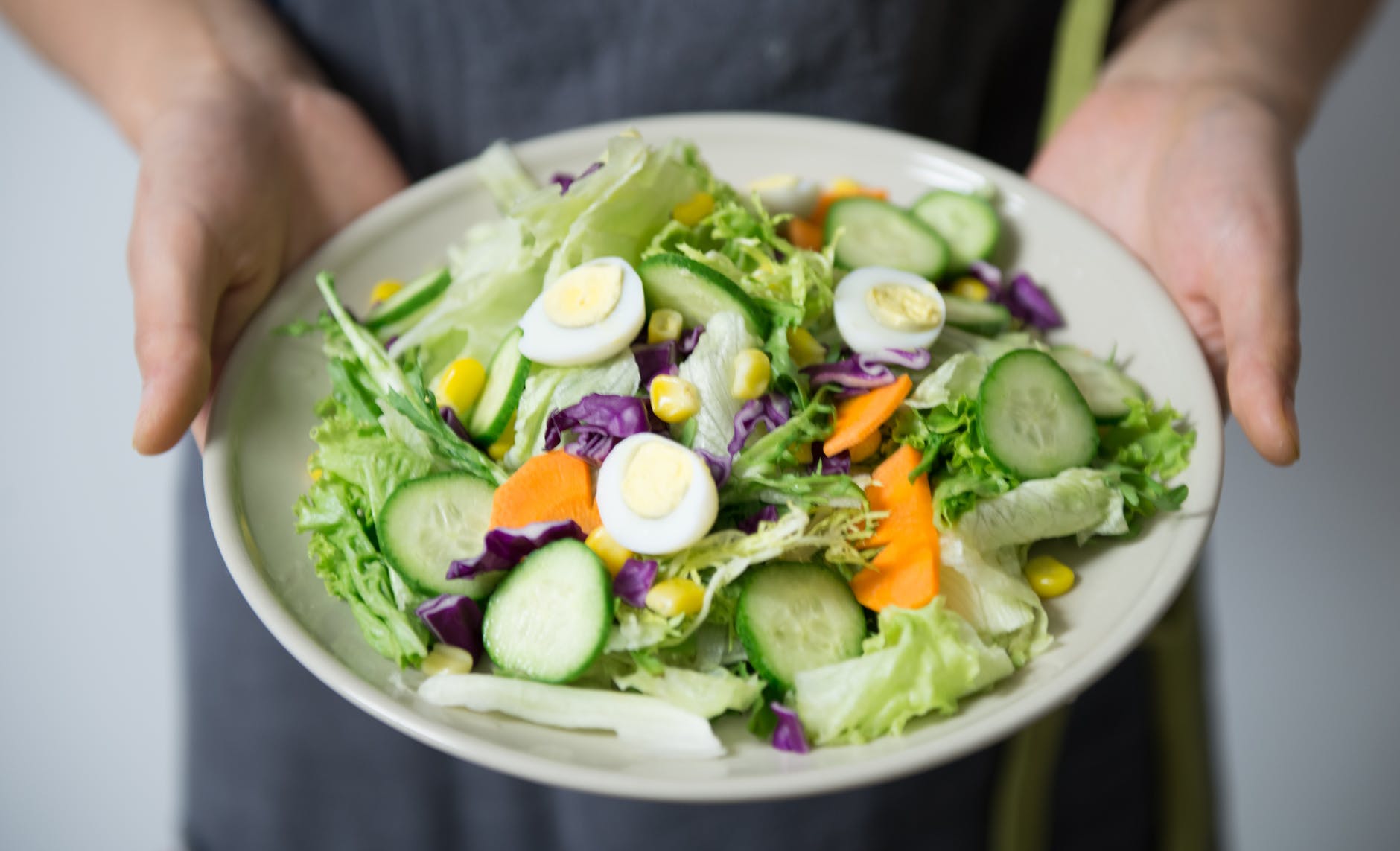
Hello, fellow health enthusiasts! 👋🥦🍊🍎
The magic of fruits and vegetables goes beyond their vibrant colors and fresh flavors. They are the nutritional superheroes of our diets, providing us with essential vitamins, minerals, and antioxidants while packing minimal calories. But can they actually help us lose weight? The answer is a resounding yes! In today’s deep dive, we’ll explore how these natural powerhouses can aid our weight loss journeys and how to incorporate them into our daily routines for maximum benefit. Ready to explore? Let’s get started! 🥕🍇🥒
A Closer Look at the Nutritional Power of Fruits and Vegetables 🍓🥦
When we talk about the health benefits of fruits and vegetables, it’s more than just empty hype. These food groups are rich in essential nutrients that our bodies need to function optimally. Here are some highlights:
Vitamins and Minerals 🍊🥬: Fruits and vegetables are the best sources of a wide range of vitamins and minerals, including but not limited to, Vitamin A (for eye health), Vitamin C (for immune function), and Potassium (for heart health). They also offer a variety of antioxidants that help combat oxidative stress, reducing our risk of chronic diseases.
Fiber 🍎🥕: Perhaps one of the most significant benefits of fruits and vegetables for weight loss is their high fiber content. Dietary fiber contributes to feelings of fullness, helps control blood sugar levels, aids in digestion, and can even assist in lowering cholesterol.
Hydration 🍉🥒: Fruits and vegetables are rich in water, providing hydration and contributing to feelings of fullness with minimal calories.
Fruits, Vegetables, and Weight Loss: The Science ⚖️🥑
So, how exactly can consuming fruits and vegetables aid in weight loss? Let’s break it down:
Low Energy Density 🍎🥕: Energy density refers to the number of calories (or energy) in a given volume of food. Foods with low energy density, like fruits and vegetables, provide fewer calories than the same volume of high energy-dense foods (like fried foods or desserts). Because they fill you up with fewer calories, they make it easier to create a calorie deficit and lose weight.
Satiety and Blood Sugar Control 🥝🥦: The dietary fiber in fruits and vegetables slows down digestion, leading to more sustained energy levels and longer-lasting satiety. Stable blood sugar levels can help prevent cravings and overeating.
Boosting Metabolism 🍊🌶️: Certain fruits and vegetables are thought to have metabolism-boosting properties. Citrus fruits, for example, contain compounds that can increase fat burn, while capsaicin in spicy peppers can raise your metabolic rate.
Incorporating Fruits and Vegetables Into Your Daily Routine 🥗🍇
Now that we understand how fruits and vegetables can support weight loss, let’s discuss how to incorporate them into our everyday lives. Here are a few ideas:
- Make Them a Part of Every Meal 🍽️: Try to include at least one serving of fruit or vegetable in every meal. You could add berries to your morning oatmeal, pack a salad for lunch, and serve steamed vegetables with dinner.
- Choose Whole Over Juiced 🍹: While fruit juice can be a part of a healthy diet, it lacks the fiber content found in whole fruit. Stick to whole fruits and vegetables whenever possible.
- Snack Smart 🍎: Choose fresh fruits and vegetables for snacks. They are less calorie-dense than many traditional snack foods and will keep you feeling full and satisfied.
- Variety is Key 🌈: Try to eat a variety of fruits and vegetables to get a broad range of nutrients. Plus, trying new foods can keep your meals interesting and enjoyable.
Caution: Avoiding High-Calorie Traps 🚫🍌
While fruits and vegetables are naturally low in calories and high in nutrients, they can sometimes be served in ways that increase their calorie content substantially. For example, be aware of fruit served with sugary syrups or vegetables cooked in large amounts of oil. The key is to enjoy fruits and vegetables in their most natural state as often as possible.
Conclusion: Enjoy the Rainbow 🍏🥦
In conclusion, making fruits and vegetables a daily habit can bring a wealth of health benefits, including supporting your weight loss journey. Remember, the beauty of fruits and vegetables lies in their variety. Enjoy the rainbow of colors they offer. Each color represents a different set of phytonutrients, so mix and match to get a broad spectrum of nutrients.
And remember, as always, balance is key. Fruits and vegetables are a crucial part of a healthy diet, but they are just one part. Make sure you’re also getting enough protein, healthy fats, and whole grains.
So, here’s to filling our plates – and our lives – with more color! 🍉🥕🍇










